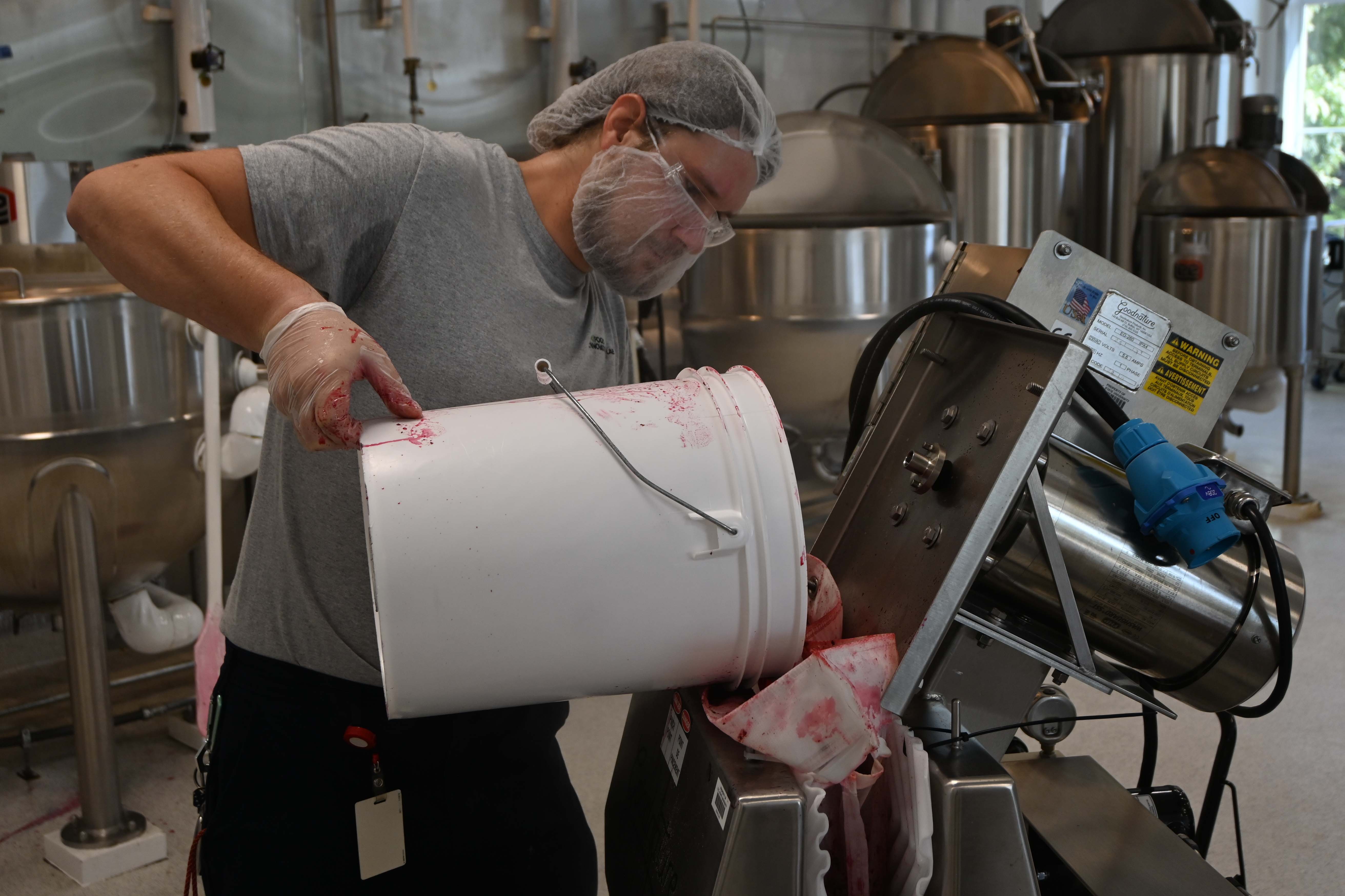Study: Fruits, vegetables help improve internal protection system
Published 12:05 am Sunday, October 4, 2015
KANNAPOLIS — Try eating the skin of an avocado. It’s good for you, according to a North Carolina Research Campus study.
A recently published, joint study by the University of North Carolina and Dole Foods at the North Carolina Research Campus used various fruit and vegetable extracts to determine that certain chemical compounds help the human body build defenses against dangerous molecules — specifically, free radicals. More than 100 fruits and vegetables commonly available in the U.S. comprised extracts used in the study. In some extracts, only fruit or vegetable skin was used.
The findings dispelled a previous theory that some compounds known as phytochemicals captured free radicals, which can be created from environmental factors such as cigarette smoke. Describing the previous theory, UNC Nutrition Research Institute Director Dr. Steven Zeisel said phytochemicals were thought to “soak up” damaging free radicals.
In previous studies, however, Zeisel said researchers hadn’t been able to replicate what occurs in the body.
“We thought that maybe plant chemicals wouldn’t soak up and damage themselves, but turn on our internal protection system,” Zeisel said. “They would get you revved up, so that when something bad comes along you’re ready to destroy it.”
The joint study between UNC and Dole examined whether something in fruit extracts would turn on the internal protection system.
Nick Gillitt, director of Dole’s Nutrition Research Lab, said researchers suspected that fruits and vegetables would turn on the internal protection system. However, Gillit said researchers were surprised by the amount and effectiveness of extracts that helped protect the body against damaging chemicals.
“We have a new mechanism to show why fruits and vegetables are healthy for you,” Gillitt said. “They’ve got some protein, some healthy fats, some good carbohydrates, vitamins and minerals. Now, we know that these phytochemicals are able to impact human metabolism in a positive, healthy manner, which over an extended period of time is going to severely dent your risk for getting cancer, heart disease, diabetes or any of these things.”
Gillit said 40 or so of the 134 extracts used in the tests activated the body’s internal protection system “quite highly.”
“It turns out that some of the peels activated more highly than the flesh part that you eat,” Gillitt said. “Eat the peels as well.”
Gillitt said scientific evidence supports the fact that beneficial compounds are concentrated in the peels of fruit.
When talking about the just-completed study, Zeisel said half or more of the body’s ability to protect itself comes from its own internal protection system and previously unknown chemical compounds help to boost the body’s ability to protect itself.
“The new information is really that there are compounds in fruits and vegetables that make us do a better job with our own systems of protecting ourselves,” Zeisel said.
The most effective extracts used in the study were avocado peel, carrot, red pear peel, pineapple, lemon flesh, green pear peel, red delicious apple peel, spinach and a variety of lettuces.
Zeisel said the next step in UNC’s and Dole’s joint study is to examine how the beneficial compounds interact with humans. In the just-completed study humans weren’t used.
The next part, currently underway, will blend up extracts such as the peels or skins of fruit and see how they interact with humans.
Contact reporter Josh Bergeron at 704-797-4246.



